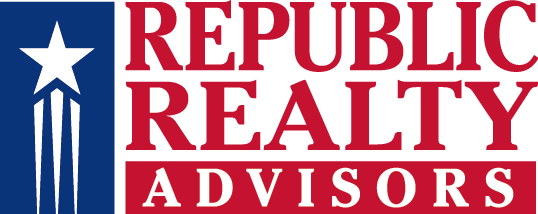Businesses — large and small — are being gutted by the COVID-19 pandemic and government restrictions to stem the tide of infection. Recent directives require that restaurants and bars close (with the exception of certain takeout and delivery services), that sporting, concert and other large-scale venues cease holding events, and that gyms shut their doors until further notice. Business disruption is a given, although the extent of its impact is unknown.
As business owners and landlords assess the damage, they should review key aspects of their commercial leases. While some provisions may permit landlords to accelerate payment obligations or draw down letters of credit in the event of non-payment, others may create exceptions to continuous operation and other tenant covenants or present novel grounds to demand rent abatements under government taking theories.
Parties also should consider the practical impact of the pandemic on the legal system in devising a strategy on whether and how to enforce their rights. This calculation should take into account assistance that may be offered by federal, state and local governments to mitigate the impact of COVID-19 on businesses and their employees.
Lease Provisions
1. Force majeure. Force majeure clauses typically require rent payments, even in the face of events outside of the tenantʼs reasonable control that prevent the tenant from performing its other obligations under a contract. Thus, even if the COVID-19 pandemic qualified as a force majeure event under a commercial lease, rent likely is still due.
2. Casualty clauses. A casualty clause also generally provides tenants and landlords the option to terminate or requires a landlord to provide the tenant with a rent abatement, in the event that the property is substantially damaged.
3. Insurance provisions. To the extent insurance is required under a commercial lease by the landlord, tenant, or both, it is important to understand which partyʼs insurance is triggered by closures or disruptions arising from COVID-19 — the landlordʼs insurance, the tenantʼs insurance, or both policies — based on the language of your particular contract. Owners or tenants of restaurant spaces may be more likely to have business interruption or contingent businesses interruption coverage based on infectious disease than owners and tenants of other types of retail spaces. In the event that you do have applicable insurance coverage, expect delays in collecting funds based upon anticipated increases in time for processing claims consistent with isolated acts of terrorism or weather events that impact a large geographic area.
4. Condemnation/Eminent Domain. Tenants may reach for novel angles, like eminent domain, arguing they are entitled to rent relief. Some tenants may contend that government action requiring businesses to close temporarily to prevent the rapid spread of COVID-19 effectively converts leased spaces for “public use,” requiring government compensation.
Tenants may also have options to terminate their leases or, at a minimum, demand short-term rent abatements if the government closes their establishments or drastically curtails their hours or conditions of operation.
5. Monetary default provisions. If tenants unilaterally elect not to pay rent based upon a theory arising from any clause in their lease or otherwise, most landlords have the right to deliver a notice of monetary default, requiring tenants to cure the default quickly. If tenants fail to cure the default, landlords in many instances will have the right to accelerate all lease payments with possible immediate recourse to guarantors and/or letters of credit.
Legal/Political Landscape
Whatever the specific language of your particular lease, landlords. and tenants are likely to take differing positions about its meaning, resulting in potential litigation. In considering the appropriate course of action, landlords and tenants should practically assess the inevitable lag time given that courts will not be fully available to redress conflicts in the short term and, if so, on what timeline. Moreover, both owners and tenants should consider the availability of emergency monies to aid businesses on the federal, state and local levels.
Working together to find stopgap funding to keep leases in place and employees employed, even where the government has required our local businesses to stop operating may be the best method to minimize the damage to all of us in the aftermath of this crisis.
______________________________
To read more, please visit the original article by Jennifer S. Recine, Kim Pagotto, and Trevor T. Adler posted on Strook.com

